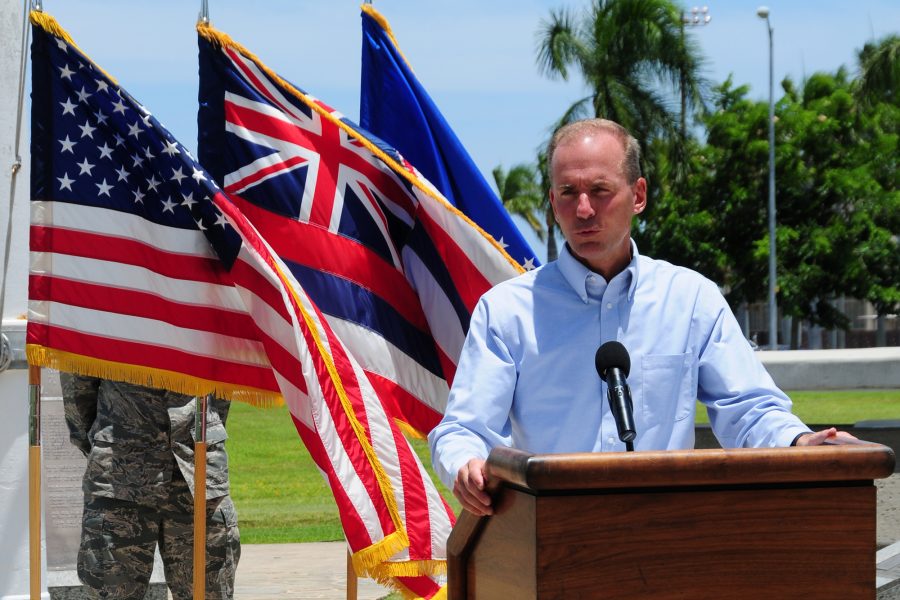Boeing’s embattled president and CEO Dennis Muilenburg resigned Dec. 23, effective immediately, to be succeeded by board chairman David Calhoun in a shuffle intended to restore confidence in the troubled company in the wake of two 737 MAX airliner crashes, as well as problems in other parts of the company.
Initially, Boeing’s Chief Financial Officer Greg Smith will serve as CEO while Calhoun “exits his non-Boeing commitments.” Calhoun is expected to take up the job Jan. 13.
Boeing announced in mid-December it will suspend 737 MAX production in January and reassign the 12,000 workers that build it to other projects. Soon after, the company’s Starliner spacecraft, built for NASA, failed to reach sufficient altitude to hook up with the International Space Station. Although the crew capsule returned safely to Earth, the error was seen as a significant failure.
“The Board of Directors has decided that a change in leadership was necessary to restore confidence in the company moving forward as it works to repair relationships with regulators, customers, and all other stakeholders,” according to a statement it issued Dec. 23.
Lawrence Kellner will become the non-executive chairman of the board under the changes announced by the company.
Boeing’s KC-46 tanker for the Air Force has also been beset by numerous deficiencies in the last few years, although it continues to fly. Boeing Defense will continue to be led by Leanne Caret.
In the Boeing statement, Calhoun said, “I believe in the future of the 737 MAX,” and Kellner said Calhoun has “deep industry experience and a proven track record of strong leadership, and he recognizes the challenges we must confront.”
Industry observers said Boeing needed a fresh face in dealing with federal regulators and with airlines who have experienced profound operating problems waiting on withheld deliveries of the 737 MAX. Boeing has continued to build and store the jets—its most popular product, with a long backlog—while it studies and corrects problems related to crashes in 2018 and 2019.
The two crashes claimed 346 lives and have been blamed on faulty software.
Boeing’s Board previously has been publicly supportive of Muilenburg as he tried to navigate a way back to 737 MAX deliveries.
Earlier in December, however, FAA Administrator Stephen Dickson criticized Muilenburg for several “return to flight” predictions that did not and could not come true. Dickson asserted that these were meant to pressure the FAA “into taking quicker action” on clearing the jet’s corrections, adding that he could not see the 737 MAX being returned to operations any sooner than March. He also said the FAA was looking into production issues at Boeing’s Renton, Wash. plant that builds the jets.
